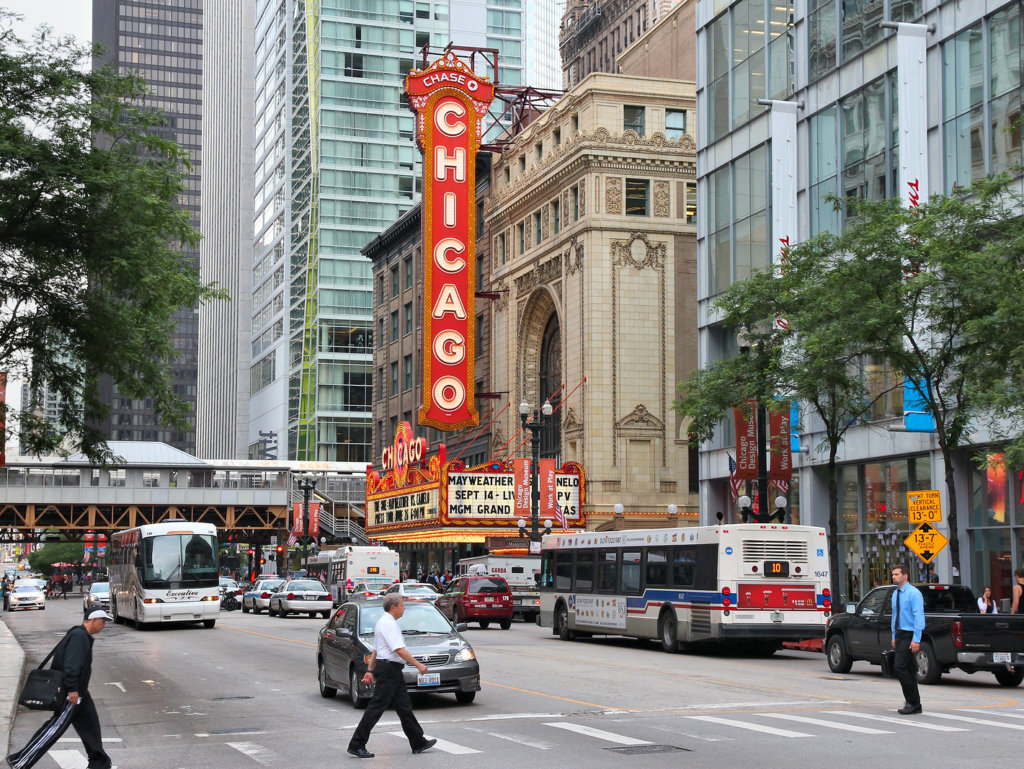The Trump administration’s efforts to put pressure on sanctuary cities faced a legal setback as a federal appeals court in Chicago on April 19 ruled that U.S. Justice Department cannot withhold federal funds for law enforcement in Sanctuary cities, Reuters reported.
“Sanctuary cities” have been used to describe jurisdictions like Chicago, New York and Los Angeles, which bars federal immigration agents from routinely checking individuals’ immigration status, and from keeping anyone locked up longer than warranted. It limits the power of federal agencies in the state.
The term has been “completely misunderstood” noted a three-judge panel of the U.S. Courts of Appeals for the 7th Circuit. All the judges had been appointed by Republican presidents. They ruled unanimously against the administration, saying it wrongly sought to use “the sword of federal funding to conscript state and local authorities to aid in federal civil immigration enforcement.”
The ruling backed the nationwide injunction a Chicago judge put in place in September 2017, which was against making federal grant funding contingent on cooperation with immigration enforcement.
The National Immigrant Justice Center ,a legal aid organization advocating for human rights and immigration reform, took to social media to announce the court’s decision.
BREAKING: Another win for welcoming cities! An appeals court sided in Chicago's favor again & affirmed that the federal government cannot strip law enforcement funding from sanctuary cities. Watch Chicago Mayor Rahm Emanuel comment on this victory. pic.twitter.com/R67nwGMUwT
— National Immigrant Justice Center (@NIJC) April 19, 2018
The city sued the U.S. Justice Department last year when U.S. Attorney General Jeff Sessions announced that he would cut off cities from certain Justice Department grants, unless they allowed federal immigration authorities “unlimited access to local jails and provided 48 hours’ notice before releasing anyone wanted for immigration violations”, as per the Reuters report.
This is the first time a federal appeals court has stepped into the fight between Trump administration and state government over how much the local police must help federal agents in capturing suspected undocumented immigrants.
As for the Chicago case, the judges observed that the power to grant or withhold federal funds rests with the U.S. Congress. “The power of the purse rests with Congress, which authorized the federal funds at issue and did not impose any immigration enforcement conditions on the receipt of such funds,” the judges wrote.
The judges further said that Chicago “does not interfere in any way with the federal government’s lawful pursuit of its civil immigration activities, and presence in such localities will not immunize anyone to the reach of the federal government. The federal government can and does freely operate in ‘sanctuary’ localities.”
The ruling also came down heavily on U.S Attorney Jeff Sessions saying he repeatedly characterizes the issue as whether localities can be allowed to thwart federal law enforcement.
Justice Department spokesman Devin O’Malley in a statement said that officials believe the department exercises its authority properly. “We will continue to fight to carry out the Department’s commitment to the rule of law, protecting public safety, and keeping criminal aliens off the streets to further perpetrate crimes,” he said. As per the 2010 Census, Indian Americans make up for 1.8 per cent of the population in Chicago
